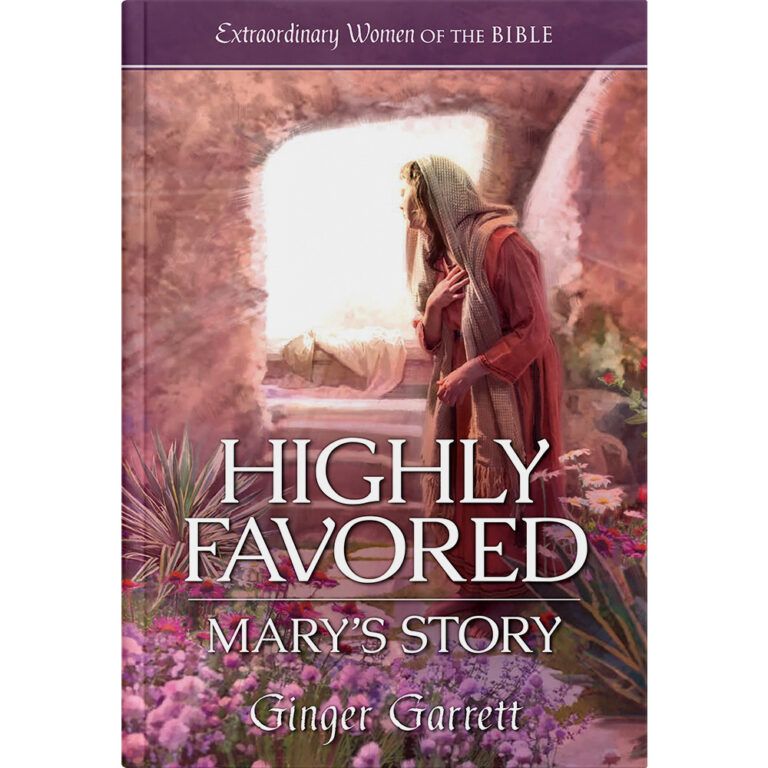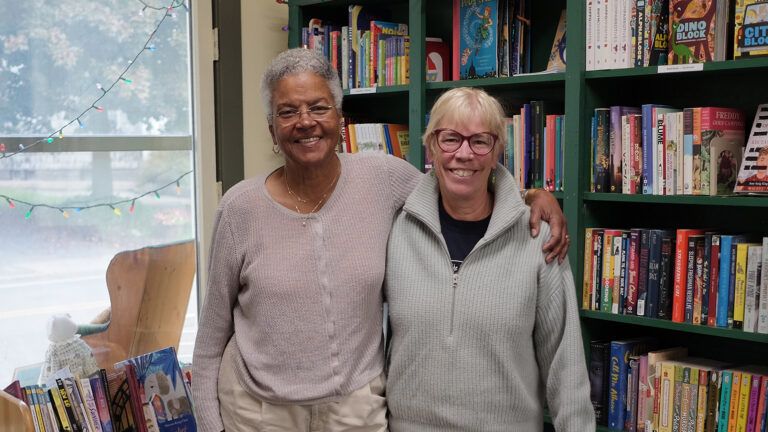I’m reading a strange little book called How Fiction Works. It’s by James Wood, who teaches at Harvard and reviews books for The New Yorker magazine.
Don’t let his pedigree put you off. Wood is an appealing writer and his book is just what it sounds like, a down-to-earth instruction manual for reading stories. Didn’t think you needed instructions? Stay with me.
Wood starts with the idea that everyone knows what a story is but not necessarily how one works. By “works” he means what makes one story good and another bad, or how authors actually tell stories so readers don’t get bored or miss the point.
It’s like painting. You see a painting you love in a museum and you think about the picture, the image, your feelings. What you don’t think about so much is how the artist got the painting to look like that. Wood asks how authors get their stories to look like that.
Why bother with such questions? Well, that’s where it gets interesting. Wood focuses on the mechanics of stories for a reason. Stories, he says, are most successful when they most compellingly mimic reality.
That’s more complicated than it sounds. Some writers—especially modern ones—write things that don’t seem at first to have much to do with reality. They’re abstract or difficult or full of seemingly unrelated ideas and images.
Nevertheless, says Wood, all stories, even the difficult ones, are ultimately attempts to picture and reflect on human life. We like stories best when they help us to understand life in a fresh, interesting and nourishing way. How do we know when a story has done that? We just know. It’s instinctive. And that feeling of enlarged understanding—of having been shown something true enough to be worth remembering—is what keeps us seeking out more stories. We need that kind of knowledge. We almost can’t live without it.
Thus, Wood’s book is really about more than stories. It’s about life. Or, more precisely, it’s about our attempts to understand what is true about life—what we need to know to grasp reality accurately and know ourselves and others. You could say, then, that Wood is interested in the truth. And if he’s interested in the truth, then, at least by implication, he’s also asking questions about God.
Wood himself actually doesn’t believe in God. He grew up a believer but abandoned faith. Yet he is clearly haunted by questions of belief. His best known book, The Broken Estate: Essays on Literature and Belief, examines numerous writers struggling with the implications of faith, particularly in the modern era when faith has become such an embattled—or at least such a lightning rod—term.
For this reason I think Wood would agree that a book about how stories work is also a book about how we try to know God. Wood might say there’s no God to know. But he wouldn’t deny that in telling stories we are trying to get at some larger truth that believers call God and everyone else calls, for lack of a better word, reality.
As a person who spends his workday editing and thinking about stories I find this a very exciting idea. Not because it makes my work sound glamorous but because it raises intriguing questions about how the mind works and how people, no matter their belief or unbelief, acquire knowledge about themselves and the world.
The implication, I think, is that just about everything we know comes to us through stories. Stories aren’t just what we do in our spare time, watching TV or reading books or gossiping. Stories are how we know anything and everything.
It sounds counterintuitive, constructing an understanding of reality using an instrument—stories—that is obviously unreal. But if you think about it you’ll see it’s an unavoidable conclusion. Take your understanding of yourself. It’s a story that begins, “Once upon a time a baby was born….” What’s the structure of that story? The advance of time. What’s time? A carryover from the logic of stories. You can’t escape it. Sometimes I wonder whether everything is a story.
Really? Well, if you’re a person of faith like me it’s not such a stretch. What are the first words of the Bible? “In the beginning….” A story. The first words of the Gospel of John? “In the beginning was the Word.” Another story, this one a story about a story, about a God depicted using the image of language itself.
The implications of all of this are profound and complex. But the bottom line is: Stories are what we have. They are how we know what we know. They are perhaps the closest we will ever come to understanding the creative activity of God. And, miracle of miracles, they are, despite all this weighty significance, available to each and every one of us as an effortless birthright.
After all, who has not sat at his or her child’s bedside and begun, “Once upon a time…?” How does fiction work? I think perhaps we already know.
Jim Hinch is a senior editor at GUIDEPOSTS. Reach him at jhinch@guideposts.org.





